“THANKS, BUT NO THANKS” – AFRICA’S STAND ON RECEIVING AID
“THANKS, BUT NO THANKS” – AFRICA’S STAND ON RECEIVING AID
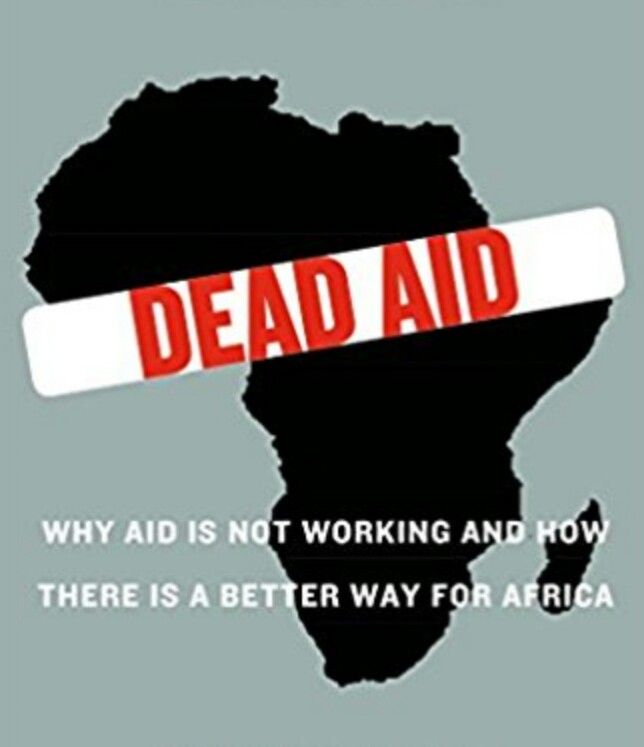
It’s no news that G8 Summits over the years has on its menu a constant discussion of the ‘Africa problem’. The summit always concludes with a proposed solution centered on massive increase in the aid donated to the continent.
While writing this post, I used my android phone to google the word ‘African child’, and out of the first ten images, I found these images (These images were not uploaded by google, google search is just an accumulator of data from various websites):
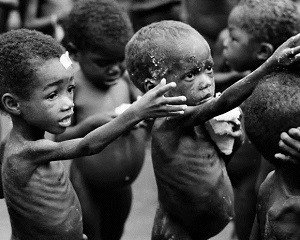
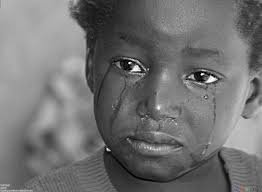
This brings me to two things I would love to discuss today: How the western media covers Africa, and the consequences of this method of coverage. We can’t deny that what the media show are true, and nothing but the truth. However that is not the total truth. Hunger, despair, famine, and civil war are part of the African reality, but these are not the only content of this reality, in fact they make less than 10% of this reality.
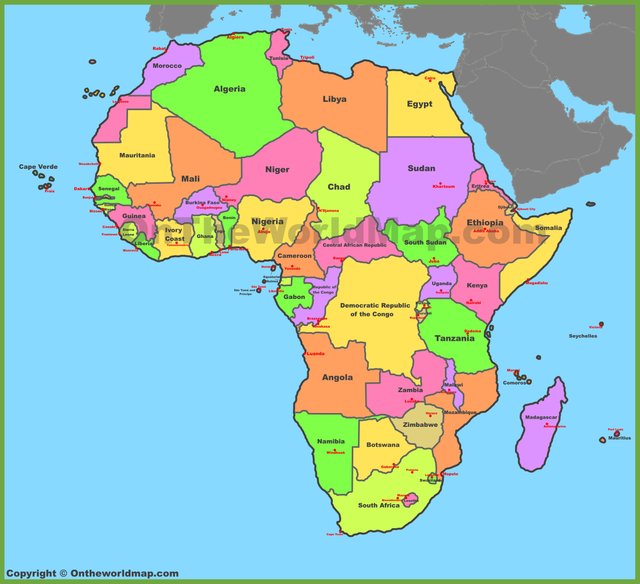
There are a total of 53 nations in Africa. Of these 53 countries, less than 10% (5 countries) are experiencing civil war. So we have a situation where the media is covering less than 10% of what is truly happening. The fact is that the opportunities that Africa possesses are so enormous, but these opportunities are not displayed by western media. Don’t get me wrong, I am not saying that the western media has now become the devil’s advocate, they did what they did with good intentions. They wanted to appeal to the sympathy of their audience, to pity, and to charity. But this came with a consequence, the western view of Africa’s economic situation became misinterpreted. This approach engraved Africa as a place of chaos and despair in the minds of the western audience.
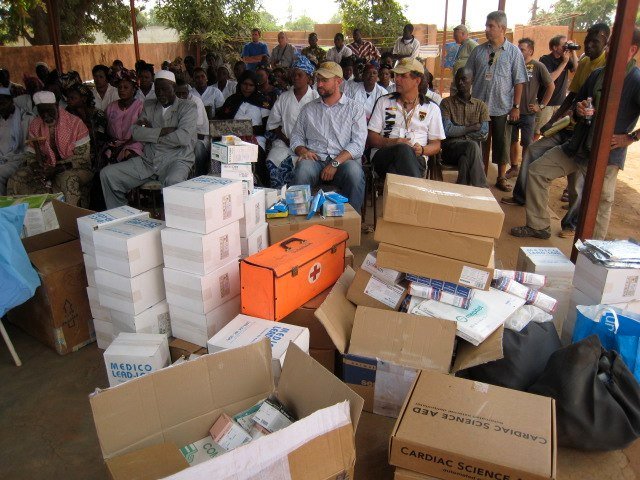
In response to this painted picture, what did the west do, they did what every person with conscience and pity would do. They began to think of how to give food to alleviate this hunger they saw in the eyes of these African children, to give medicine to the sick ones, to send peacekeeping troops to those countries rampaged by civil wars, and so on. All these were done out of good will, but in the process, Africa was stripped of her self-initiative ability.
Closing my eyes to the fact that Africa has some fundamental weaknesses is self-deceit, but that is not the whole story. Africa is also a continent where tremendous amount of opportunities and potentials abound. We need to redefine the challenge facing Africa, from a challenge of poverty and despair, to a challenge of possibility, of hope, and of a future. The challenge facing Africa and all her offspring is not a challenge of sickness, poverty and war, but a challenge of creating wealth, and giving every African child the opportunity of becoming whatever he/she dreams of becoming.
Malaria fever is a very common illness on this side of the world. It has symptoms of headache and increase in body temperature. If I want to help a person suffering from malaria, and I give him treatment for headache and high body temperature, that would not be an effective help, because I am attacking the symptom, and not the problem. He might be relieved for some time, but later on it will all come back again. I need to attack the malaria virus.
When you send someone to school, give them food, and give them medicine, that does not create wealth for the person. You are only giving the person a temporal relief. Wealth is a function of education and not schooling. Education empowers people with knowledge, and this knowledge can come in various ways, such as learning a skill in trading, or knowledge in a well-paying job. The income from these jobs comprises wealth.

Having introduced the issue of wealth creation, the next question should be, who are the wealth creation agents in a country? Entrepreneurs. This should be where our focus should be on. Rather than putting a bulk of the money into medicine and food, why don’t we support private investments in Africa? We should be diverting our resources towards research and development, capacity building, and so on.
This is the plain truth, and the way forward for Africa. Can you name anyone you know that became wealthy from welfare and charity? No one gets rich by carrying the beggar’s bowl. No country can develop solely on the generosity of another country.
Any effort from external sources, like aids and grants, are only opportunities (raw materials). They require the internal factors of the destination country to convert these raw materials to finished products like good roads, access to loans, capacity building programs and networks, and so on. Africa has been on the receiving end of so many of these opportunities, and truth be told, we have not benefited from most of them. The question is, why? The reason is because we lack the internal factors and frameworks to make it possible for us to benefit from these external sources, internal frameworks such as poor institutional and policy framework.
PART 2 COMING SOON
SOURCES
http://www.businessdayonline.com/experts-advise-entrepreneurs-strategic-business-exit/
http://unilagnews.com/2017/06/17/african-child-rhetoric-african-childs-day-femi-adeniji/
Writer : Lucy